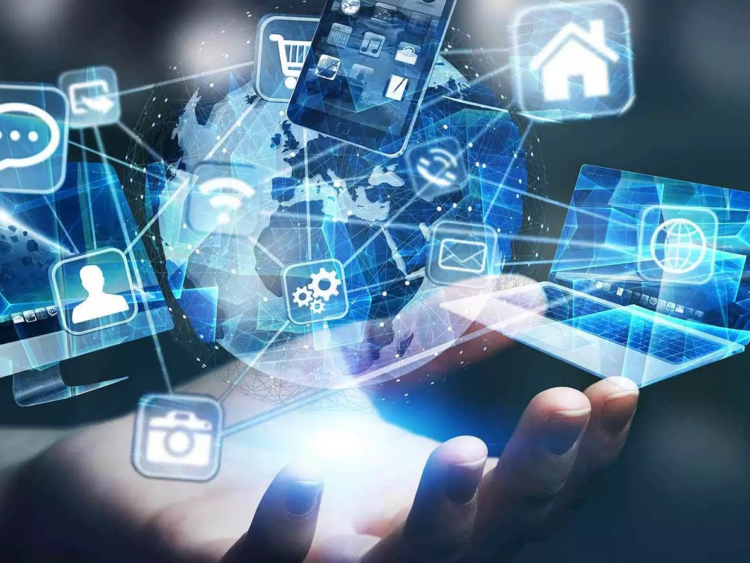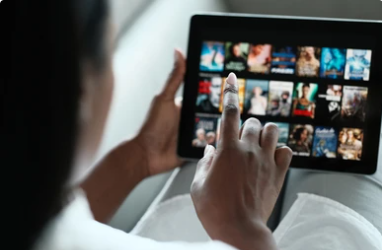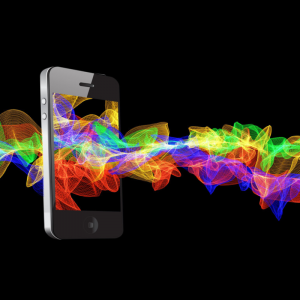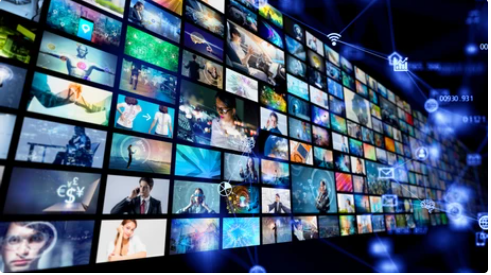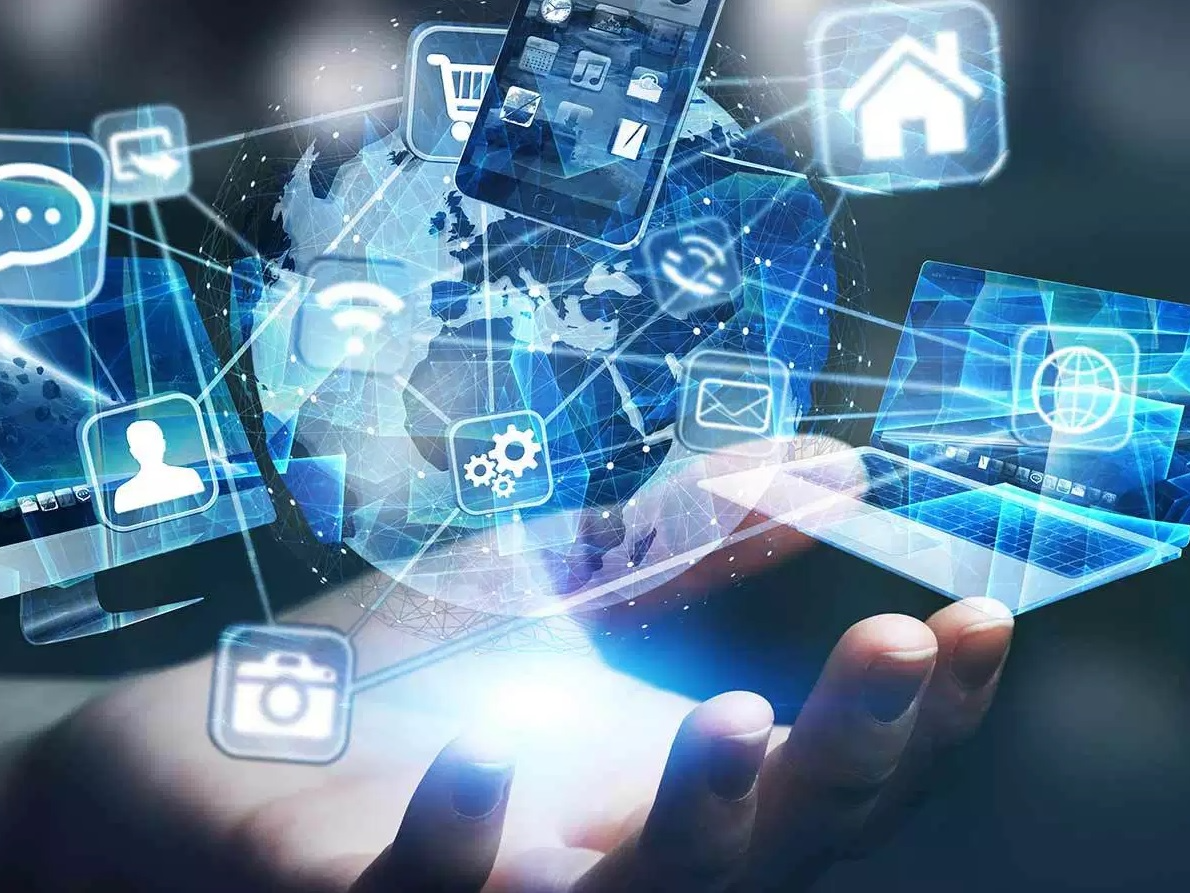
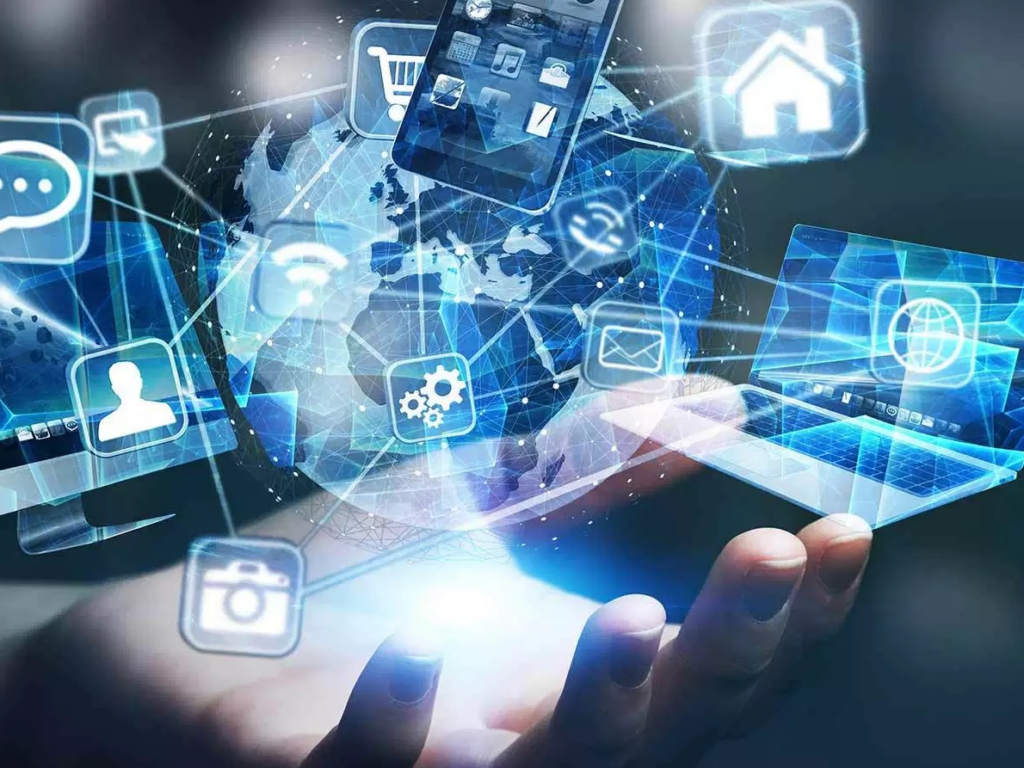
According to industry reports, the International Telecommunications Union (ITU), a United Nations technology agency, has assigned US$106 million to digitally improve the quality of life for 20 million South African women and girls.
According to the ITU, the million-dollar investment made by Elle International will promote gender equality and empowerment by providing digital platforms, smart solutions, data, and Artificial Intelligence (AI) models that enable connectivity, digital transformation, and open science in women’s health.
The pledge is part of the UN’s US$4.8 billion investment commitment to global connectivity.
The announcement raises the worldwide pledges to close the digital divide through ITU’s Partner2Connect Digital Coalition (P2C) to $50.96 billion, more than half of the $100 billion goal for 2026.
The promises to P2C, the ITU’s platform for advancing universal, meaningful connection, were announced on the first day of the World Summit on the Information Society (WSIS)+20 Forum High-Level Event in Geneva, Switzerland.
New commitments at the WSIS Forum include vows to improve digital access, adoption, and inclusion through AI.
“Closing the digital divide requires a team effort, and today, we scored a huge win for global connectivity. I am thrilled to see these amazing new commitments and that we have united P2C and WSIS to break through the halfway point in our goal to help bring the benefits of digital connectivity to everyone, everywhere,” said ITU Secretary-General Doreen Bogdan-Martin.
One of the greatest challenges of the world’s digital transformation is to address the current gender digital divide.
Last year, the sixty-seventh Commission on the Status of Women (CSW67) highlighted that progress towards gender equality in technology and innovation continues to slow.
“Because of the leadership, vision and ambition of Partner2Connect’s pledgers, millions of people will be allowed to have more accessible, more affordable digital technologies for socio-economic growth, improved health and everything that makes connectivity meaningful,” said Bogdan-Martin.
The UN agency says that despite rapidly migrating to digitalisation, one-third of the global population remained offline in 2023.
It further states that African women are less likely than men to own or use mobile phones daily or have phones with Internet access, ultimately limiting their access to digitalisation’s advantages.
This is precisely why the ITU launched the Partner2Connect Digital Coalition, which aims to use public-private partnerships to help increase digitalisation in the world’s hardest-to-connect communities.




